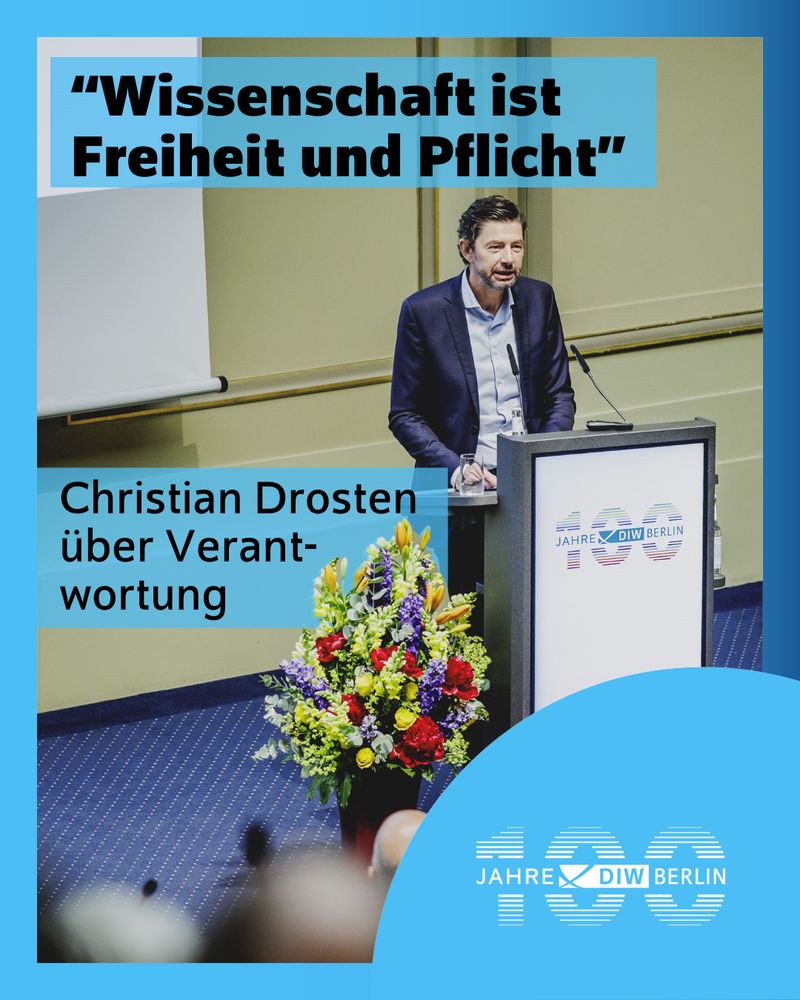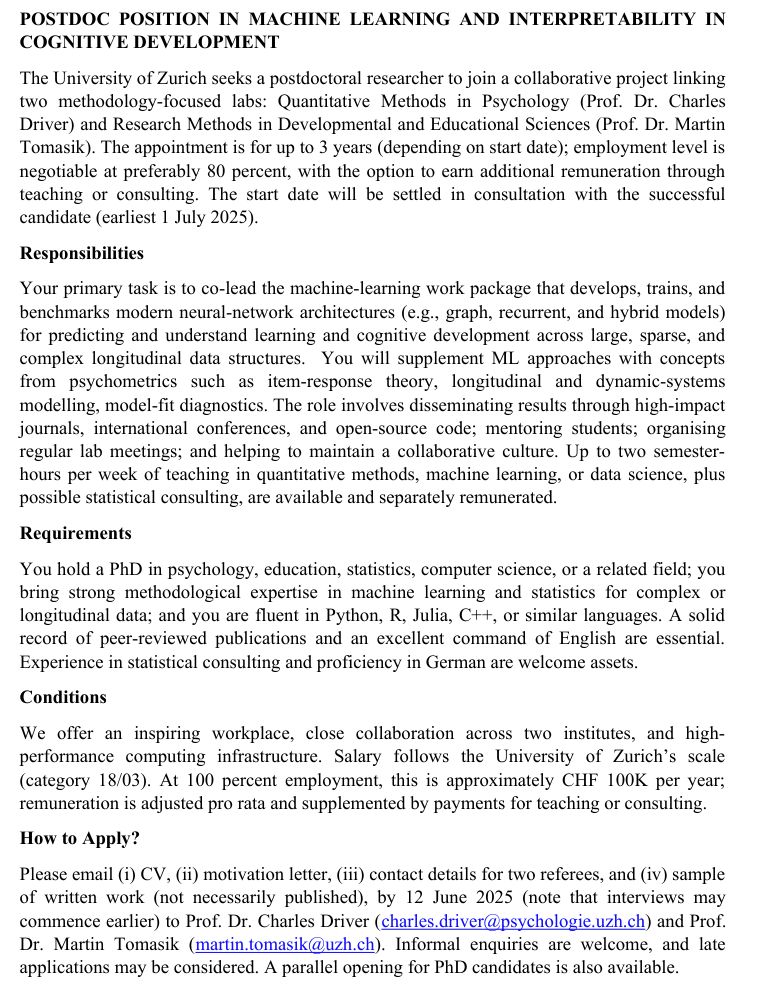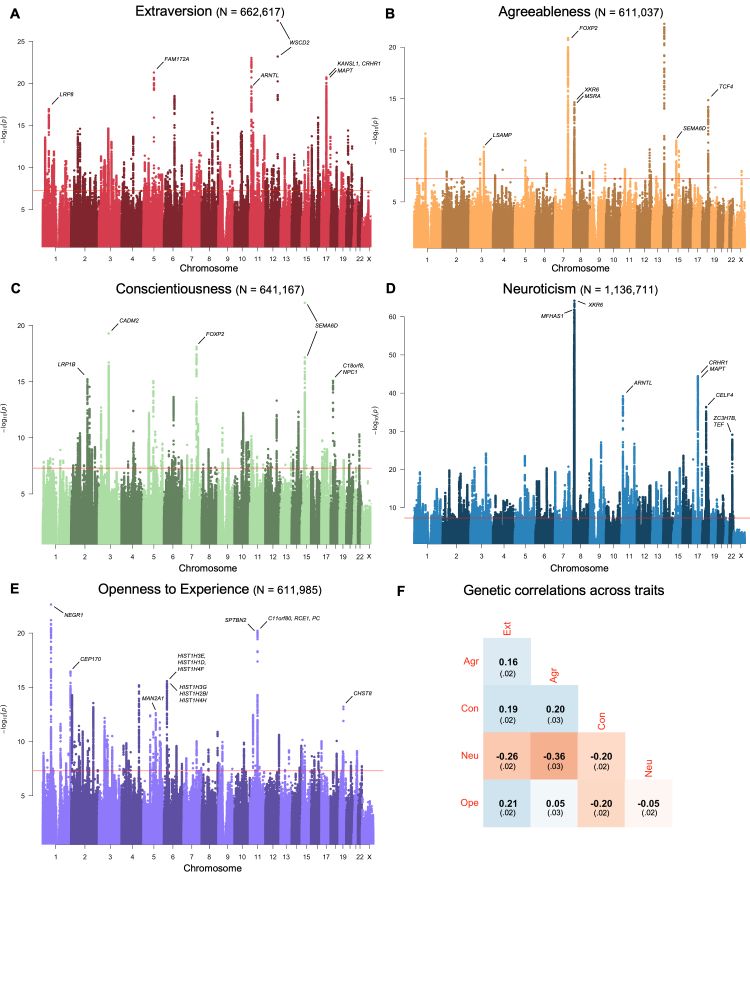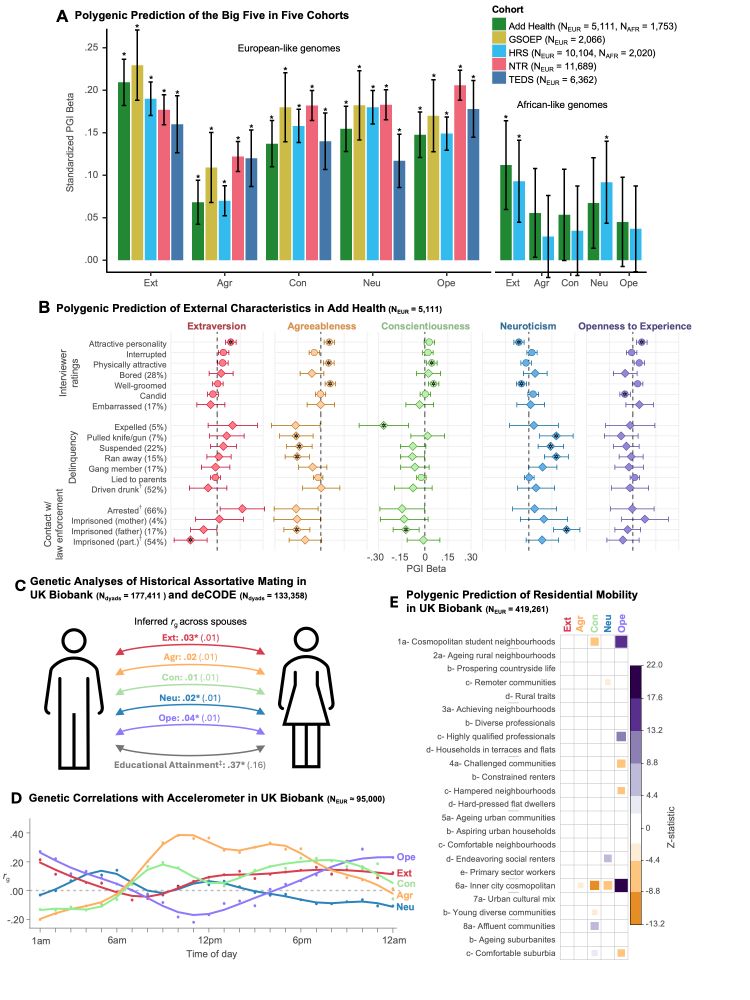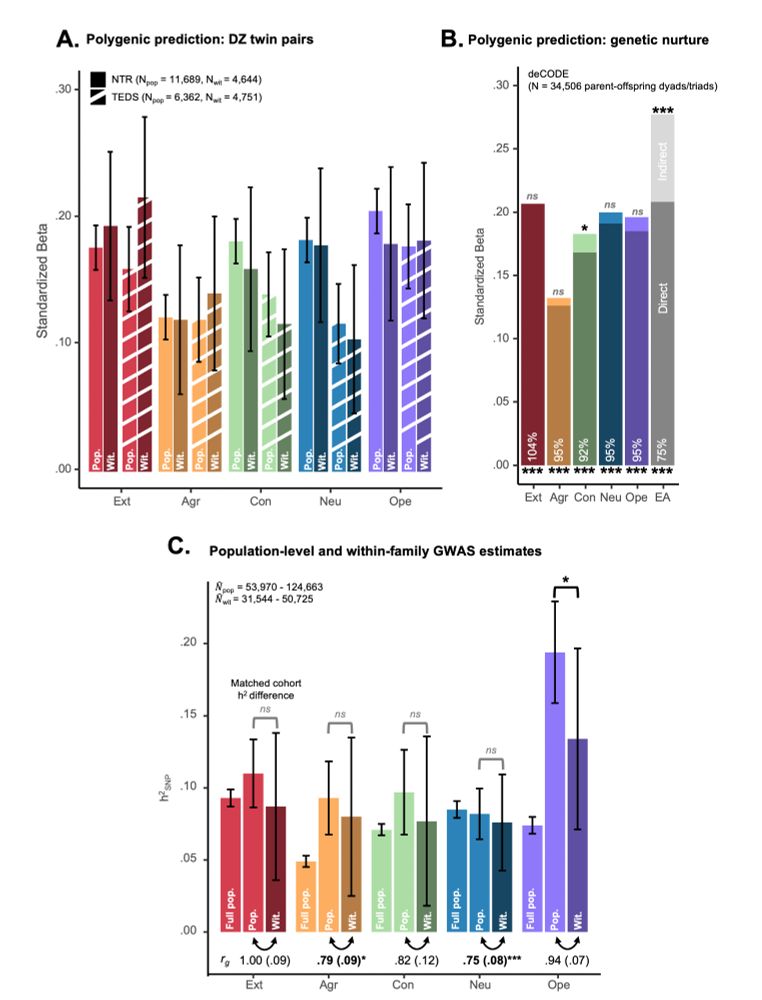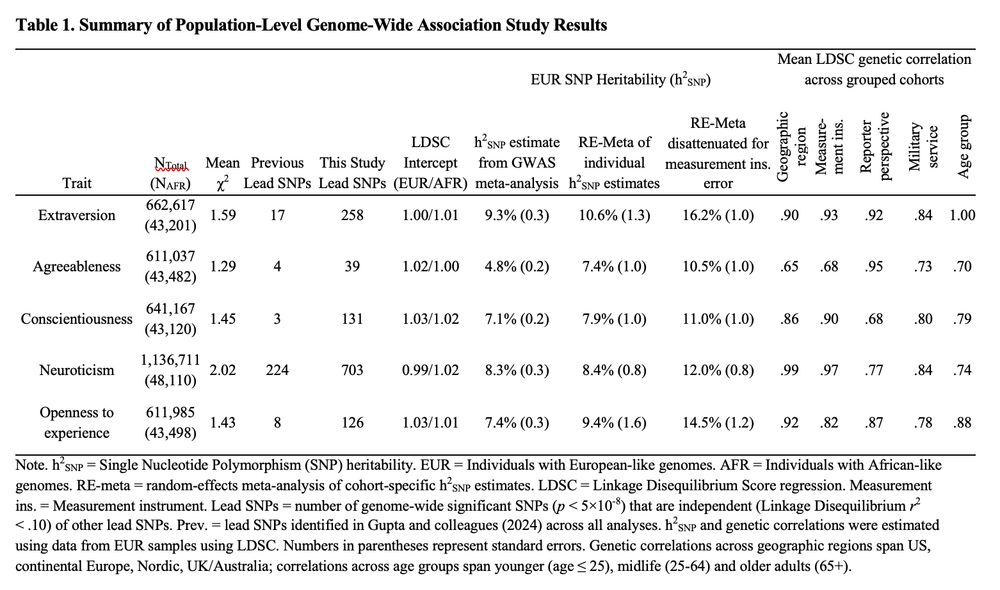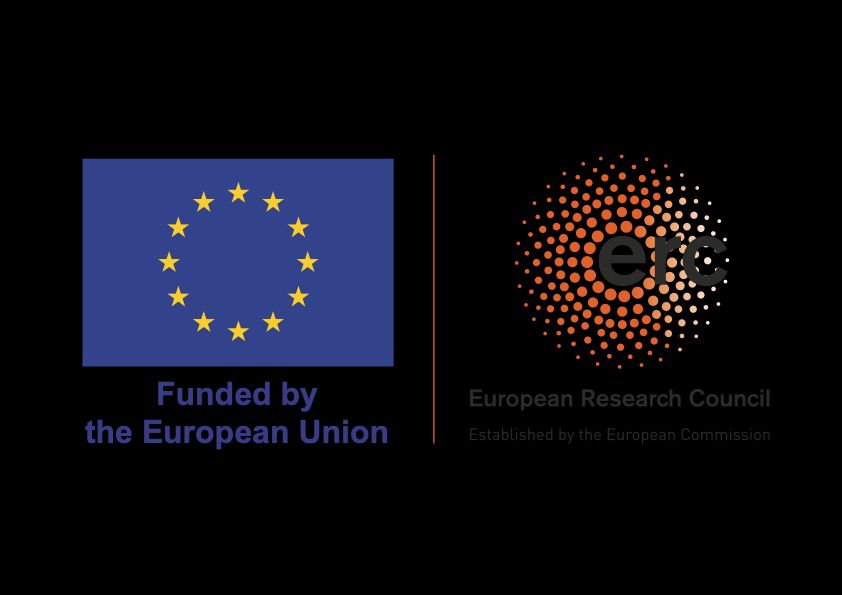Michael D. Krämer
@mdkraemer.bsky.social
940 followers
940 following
60 posts
Postdoc at UZH | PhD in psychology from FU-Berlin | research interests in personality psych, well-being, and social relationships
Posts
Media
Videos
Starter Packs
Reposted by Michael D. Krämer
Reposted by Michael D. Krämer
Reposted by Michael D. Krämer
Michael D. Krämer
@mdkraemer.bsky.social
· Jul 21
Michael D. Krämer
@mdkraemer.bsky.social
· Jun 16
Reposted by Michael D. Krämer
Noah Greifer
@noahgreifer.bsky.social
· Jun 4
Michael D. Krämer
@mdkraemer.bsky.social
· May 30
Michael D. Krämer
@mdkraemer.bsky.social
· May 30
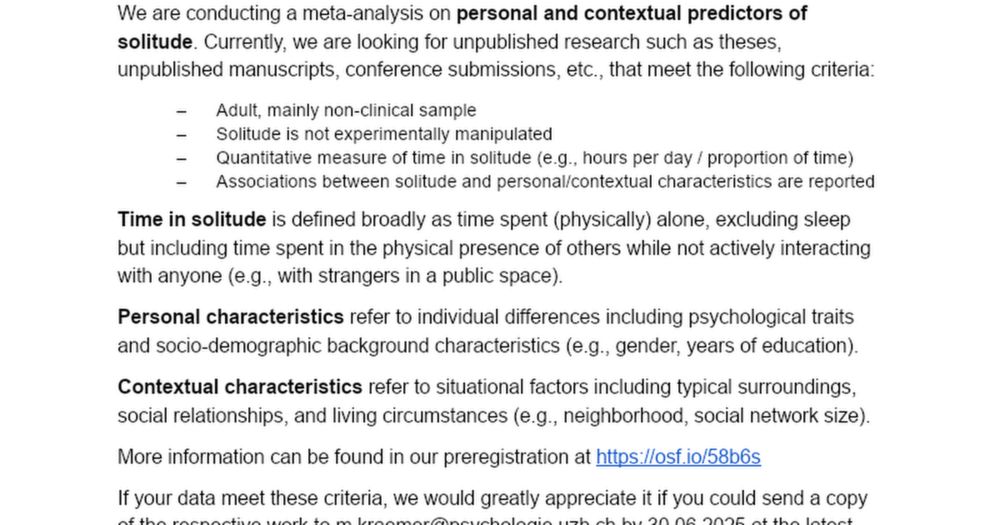
MA solitude: Call for unpublished data
Meta-analysis on solitude: Call for unpublished data Dear colleagues, We are conducting a meta-analysis on personal and contextual predictors of solitude. Currently, we are looking for unpublished r...
tinyurl.com
Reposted by Michael D. Krämer
Michael D. Krämer
@mdkraemer.bsky.social
· May 26
Michael D. Krämer
@mdkraemer.bsky.social
· May 26
Michael D. Krämer
@mdkraemer.bsky.social
· May 26
Michael D. Krämer
@mdkraemer.bsky.social
· May 23
Michael D. Krämer
@mdkraemer.bsky.social
· May 23
Call for Volunteers: Psychological Science REPEAT Network
Are you passionate about ensuring the reproducibility of scientific research? The journal Psychological Science is looking for volunteers to join REPEAT—our new network of computational reproducibilit...
www.psychologicalscience.org
Reposted by Michael D. Krämer
Michael D. Krämer
@mdkraemer.bsky.social
· Apr 28
Reposted by Michael D. Krämer
Reposted by Michael D. Krämer
Reposted by Michael D. Krämer







